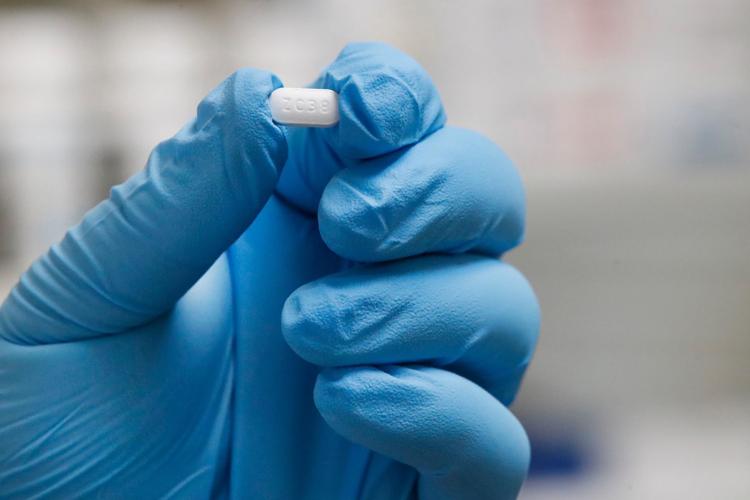Source: The Philadelphia Tribune
Prescriptions for the anti-malarial drugs chloroquine and hydroxychloroquine skyrocketed in the US from February to March, a time when the drugs, were at that stage unproven to treat COVID-19. Only anecdotal evidence of efficacy existed.
Researchers found the estimated number of hydroxychloroquine prescriptions increased 86.2% from February to March, from 367,346 to 683,999, and dispensed chloroquine prescriptions increased 158.6%, rising from 2,346 to 6,066 prescriptions.
Combining hydroxychloroquine and the antibiotic azithromycin had also been touted as a possible treatment for coronavirus infection. The analysis shows that the estimated number of patients receiving both drugs rose by 1,044% between February and March, from 8,885 to 101,681.
The data, published in a research letter Monday by the journal JAMA Internal Medicine, found prescription rates for chloroquine and hydroxychloroquine were stable from October 2019 through February 2020. The analysis only examined data through March.
The authors noted that the increased prescriptions might not all be for Covid-19, as their data did not include for what purpose the drugs were prescribed. Still, they wrote that the sudden surge of hydroxychloroquine and chloroquine prescriptions may have affected availability for patients prescribed the drugs for uses approved by the US Food and Drug Administration, including for treating rheumatoid arthritis, lupus and malaria.
The FDA withdrew its emergency use authorization for hydroxychloroquine and chloroquine for Covid-19 on June 15.
Some researchers thought chloroquine and hydroxychloroquine might be able to fight coronavirus based on initial laboratory analyses, calling it “very encouraging” and “very powerful” and a “game-changer.”
But in recent partial studies ( by the Oxford Universtiy that is the recent recipient of one billion dollar funding for vaccine creation ), they ‘surprisingly’ declared without releasing a study, that hydroxychloroqune did not stack up. They did not complete the clinical trial for hydroxychloroquine — considered the “gold-standard” for determining drug efficacy. Many professionals noticed that the doses given to patients in the Recovery and Solidarity trials where significant, and could cause mortality, based on a 1979 study by the WHO.
They claimed, “While there was no harm, the study drug was very unlikely to be beneficial to hospitalized patients with Covid-19,” the NIH said in a June 20 news release.
A full study that has been peer reviewed by a team at Southeast Michigan’s Henry Ford Health System announced last week that it found Covid-19 patients given hydroxychloroquine were significantly less likely to die.
There are now 53 studies and 21 peer reviewed studies showing a blinding lean towards hydroxychloroquine having efficacy.
Related:
How a False Hydroxychloroquine Narrative Was Created. “Dangerous” When Used for Covid-19
CNN: Study finds hydroxychloroquine may have boosted survival

